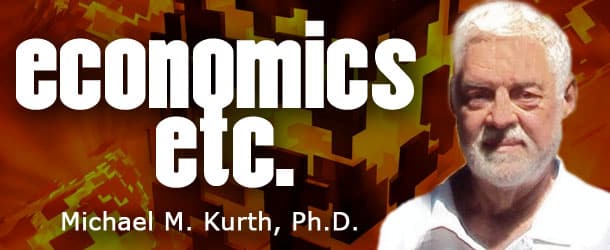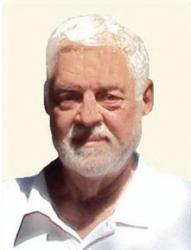Liberalism:
“The political doctrine that takes protecting and enhancing the freedom of the individual to be the central problem of politics. Liberals typically believe that government is necessary to protect individuals from being harmed by others; but they also recognize that government itself can pose a threat to liberty.
“As the revolutionary American pamphleteer Thomas Paine expressed it in Common Sense (1776), government is at best ‘a necessary evil.’ Laws, judges, and police are needed to secure the individual’s life and liberty, but their coercive power may also be turned against him.
“The problem, then, is to devise a system that gives government the power necessary to protect individual liberty but also prevents those who govern from abusing that power.” (The Encyclopedia Britannica).
I haven’t begun an article by quoting from an encyclopedia since high school, but I thought it important to get the classic political meaning of the term “liberal” straight from the start. Only in America is a “liberal” someone who believes government knows better than the people it governs, and that public officials should regulate what people eat, what they are permitted to say and how they communicate. Government can also regulate what people may purchase from a willing seller and what they may choose to forego; whom they can employ and how much they pay them; and what and how they teach their children.
Only in America is a “liberal” someone who believes the head of state should rule with his “pen and his phone,” changing laws and negotiating foreign treaties without consulting the legislative bodies elected by the people to represent their interests, or without regard for the Constitution that constrains authoritarian government and protects their liberties.
Liberalism developed as a political ideology in the late 1600s and 1700s when philosophers such as John Locke, Voltaire, Montesquieu and Thomas Paine argued that each person has a natural right to life, liberty and property, and that the authority to govern should come from the consent of the governed.
This is how the term “liberal” is still used in Europe. But in the United States, it has come to be used to describe political views that are considered “socialist” in Europe. How did this switch in usage come about?
Socialist thought has a long and diverse history. In the 1700s, it shared opposition to authoritarian government with liberalism, but differed in its belief that individualism and self-interest must be suppressed to promote the good of society.
In the mid-1800s, as parliamentary democracy replaced absolute monarchies in Europe, and mass production in factories replaced craftsman in small shops, Karl Marx advocated a brand of socialism that focused on control of the means of production by seizing the factories through violent revolution.
By the turn of the 20th century, the international socialist movement was split in two camps: reformers, such as George Bernard Shaw in England, who wanted to work within the democratic system to improve the condition of the working class, and the followers of Marx.
In the midst of the First World War, Vladimir Lenin and the Marxists overthrew the government in Russia in a bloody revolution, seizing the factories and abolishing all private property. Lenin saw this not as a revolution in Russia, but as the start of the worldwide revolution predicted by Marx. When worker riots broke out in Europe and the United States at the end of the war, fear of a worldwide Marxist revolution spread.
In Germany, Spain and Italy, the industrialists turned to fascist dictators to save them from the Marxists, while in England and other European democracies the socialist reformers became a respectable part of the ruling establishment.
What happened to the socialists in the United States? Eugene Debs was the most famous American socialist of that era: he ran for president five times between 1900 and 1920, capturing as much as 6 percent of the vote in 1912. But he also spent a lot of time in jail, and had to run his last presidential campaign from a jail cell after being convicted of sedition for urging young men to resist the military draft during World War I.
After 1920, the socialist movement in the United States pretty much went “poof” as socialists began calling themselves “progressives” or “liberals” in an effort to avoid being confused with Marxists and communists.
It’s funny; even today while some of our staunchest allies in Europe are ruled by socialist governments, if you describe an American “liberal” politician as a socialist, they protest loudly and accuse you of trying to smear them. The lone exception is Sen. Bernie Sanders of Vermont, who proudly describes himself as a democratic socialist and praises the Scandinavian-style social democracy.
I respect Sanders for being honest and unashamed of his beliefs.
Modern socialism isn’t about seizing factories, killing capitalists and abolishing private property. The economic fiasco of the former Soviet Union has convinced even the Chinese that government bureaucrats make lousy managers and private property is essential to the efficient use of resources. Today, the socialists don’t want to run the factories; they just want to tax and regulate them.
But socialism is still about putting the good of society above that of the individual, and that requires an intrusive government to decide what is best for society with the coercive power to force individuals to comply with its dictates and regulations.
That’s hunky dory as long as the wise and benevolent rulers share your values. But if your lifestyle and beliefs don’t conform to what the rulers deem best for society, then you’re out of luck. American “liberals” aren’t very tolerant of those who don’t share their beliefs.














Comments are closed.